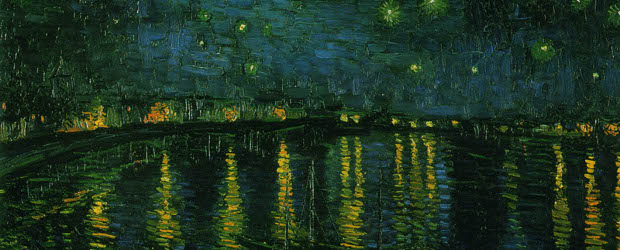
One might suppose that there are at base only two ways of dealing with a text: historically or philosophically, exegetically or critically. Either one can strive to clarify what the author intended to say, drawing upon his other published works and even his unpublished papers as supporting evidence, in which case one preserves in the exegesis all the contradictions and confusions which are genuinely contained in the author’s thought; or else one can treat the text as an argument and, after discovering its premises and the sequence of its steps, subject it to a critique in order to determine whether it is valid. The former approach is historical for though it may involve a great deal of logical analysis, its aim is to establish the historical proposition that the author thought or intended to assert a certain set of propositions. The latter is philosophical, for though it in turn may benefit from historical explanations of the author’s intentions as a way of discovering missing steps in the argument or supplying suppressed premises, its aim is to evaluate the validity of an argument. If, for example, the historian of ideas successfully establishes that Kant believed both in the conflict between duty and inclination and the total separation of phenomena from noumena, he will as historian merely record the fact of these two inconsistent beliefs. The philosopher, discovering that a valid argument which he had thought to be contained in the Kantian text was, in fact, not intended by Kant, will simply remove Kant’s name from it and preserve it for what it is, a valid argument. In short, the history of philosophy is either philosophy or history, but never both at once. Only errant philosophical curiosity could lead the historian to criticize the texts he expounds, and only filial piety would encourage the philosopher to puzzle over texts whose arguments he thinks are wrong.
Or so it would appear. But in the present essay I have set out to combine exegesis with critical analysis, and I shall try to justify this hybrid enterprise by describing a third, intermediate way of dealing with certain texts, which I shall call philosophical reconstruction.
Within the ranks of the great philosophers, there are a few whose insight into the most profound problems goes so deep that it seems to outreach their capacity for clear, coherent exposition and argument. Kant is such a philosopher. He perceives underlying connections among certain features of our cognitive or moral experience and strives to explicate them within the confines of his system of critical philosophy. Out of his attempts to do justice to the complexity of his insight there arise formal contradictions and incoherences of exposition which the reader is quick to notice. Kant’s thought grows and changes as he struggles to formulate his driving ideas, and his writings reflect this growth in untidy ways. To the dismay and exasperation of readers, Kant clings to old ideas long after he has himself refuted them, and when two insights will not cohere, he sometimes carries them both along rather than neatly pruning one to make place for the other. Confronted with writings of this sort, the historian can record the diversity of arguments and reproduce their inconsistency; the philosophical critic can evaluate the arguments as stated, rejecting those which fail and taking from the text whatever can be validated. But there may be some readers who are dissatisfied with both responses, who are convinced that Kant was right in his original philosophical insights, and who hope that by a critical reconstruction of the text they may be able to carry to completion the enterprise begun by Kant himself.
Obviously, no one will devote himself to such a task unless he has reason to hope that the outcome will be valuable in itself as an addition to our understanding of some philosophical problems. The willingness to attempt a philosophical reconstruction of a text, therefore, springs from the conviction that its author possessed a genuine insight into his problems and that because, in a manner of speaking, he saw more deeply then he has able to say, it would be fruitful to study even his obscurest passages in an effort to wring from them the truth he dimly perceived. Philosophical reconstruction is a gamble in which the reader wagers his time and energy on the the text, hoping to win from it results that he could not have discovered by his own unaided efforts.
…
In what follows, I shall comment upon the text and interpret it with an eye to discovering the most promising lines of argument, following them out as far as I am able. At some points I shall rather ruthlessly reject portions of Kant’s theory which, though undoubtedly to be found in the text, are wrong-headed or unproductive. Obviously any such sorting out must be based upon my own judgment of the importance of Kant’s doctrines. Hence this commentary is very much an interpretation of the text. It would make no sense to say that it is the only, or the right interpretation, for from the same materials a number of alternative philosophical reconstructions could be made. In the end, the value of this enterprise will depend on the answers to two questions: does the interpretation developed here illuminate the text, so that at least some of what Kant says is clearer and more plausible in the light of it; and, more important still, does the interpretation result in an argument whose independent philosophical merit justifies the effort spent in grappling with Kant? I hope there will be at least some readers who will be able to answer both questions with a yes.
– Robert Paul Wolff, Introduction to The Autonomy of Reason: A Commentary on Kant’s Groundwork of the Metaphysic of Morals